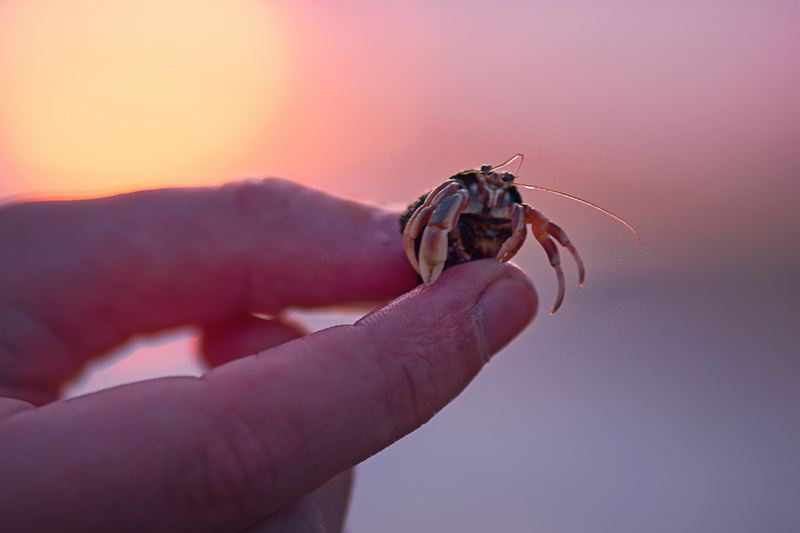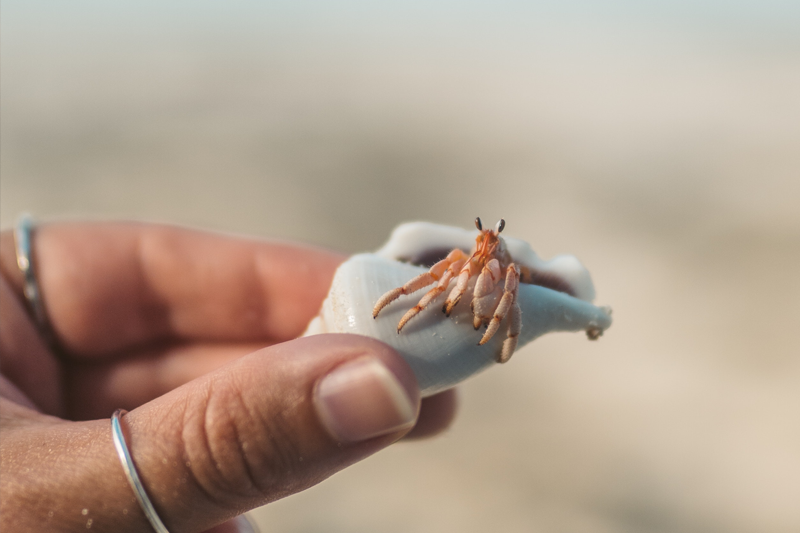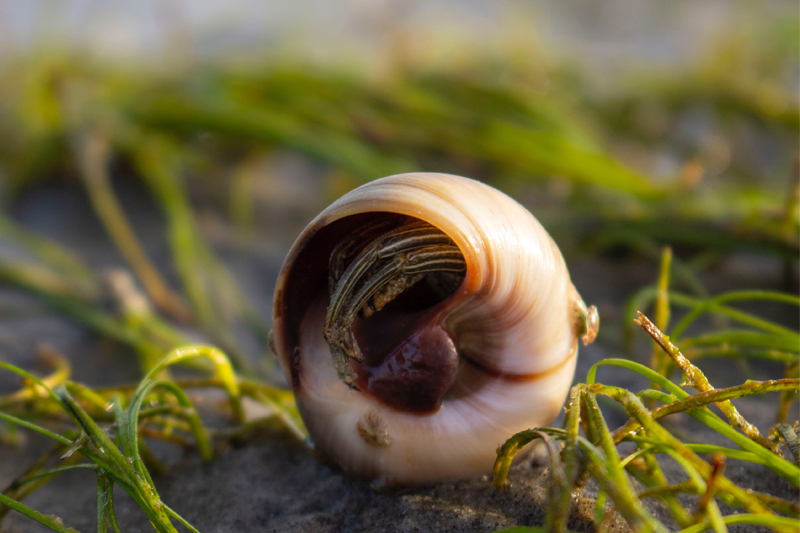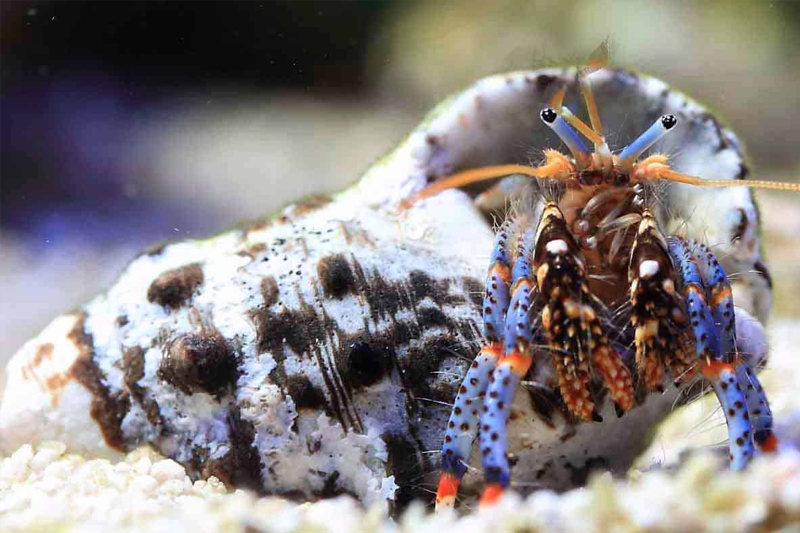Are hermit crabs generally easy to take care of?
Hermit crabs can be relatively easy to take care of, but they do require specific conditions to be met in order to thrive. They need a proper habitat with the right temperature, humidity, and size, as well as fresh and salt water, and a varied diet. They also require a source of calcium. If you can provide these things for your hermit crab and monitor their environment regularly, they can be relatively low-maintenance pets. However, it’s important to note that hermit crabs are highly sensitive to changes in their environment, and if their conditions are not optimal, they can become sick or even die. Additionally, they are social animals and should be kept in groups of at least 2, so it’s important to be prepared to provide for multiple crabs if you want to keep them as pets.
What can I do to keep my hermit crabs active and entertain?

Here are a few ways you can keep your hermit crabs active and entertained:
- Provide a variety of climbing structures: Hermit crabs enjoy climbing, so provide them with a variety of structures such as rocks, branches, and ladders that they can climb on.
- Offer different hiding spots: Hermit crabs like to have a place to hide and feel safe, so provide them with different hiding spots such as coconut shells, plastic caves, or even PVC pipes.
- Offer different textures and surfaces: Hermit crabs like to explore and forage, so provide them with different textures and surfaces to explore such as sand, gravel, and moss.
- Provide a variety of food: Hermit crabs are opportunistic feeders, so offer a variety of food such as fresh fruits and vegetables, commercial hermit crab food and offer them different types of food to forage for.
- Introduce new objects: Hermit crabs can get bored with their environment, so periodically introduce new objects such as shells, rocks, or other small items to keep them stimulated.
- Provide other hermit crabs as companions: Hermit crabs are social animals and they need to live in groups, so it’s important to provide them with other hermit crabs as companions.
It’s important to keep in mind that not all hermit crabs will have the same level of activity, some may be more active than others, and that’s normal. Also, keep in mind that hermit crabs are nocturnal animals and they may be more active at night.
What foods should my hermit crab avoid?
There are certain foods that should be avoided when feeding hermit crabs. Here are a few examples:
- High-fat foods: Foods that are high in fat, such as fried foods, should be avoided as they can lead to health problems such as obesity.
- Foods high in sugar: Foods high in sugar, such as candy, should be avoided as they can lead to health problems such as diabetes.
- Foods high in salt: Foods high in salt, such as processed snacks, should be avoided as they can lead to health problems such as dehydration.
- Foods with preservatives: Foods with preservatives, such as processed meats, should be avoided as they can lead to health problems such as organ damage.
- Foods that are moldy or spoiled: Foods that are moldy or spoiled can cause food poisoning, so it’s important to avoid feeding them to hermit crabs.
- Citrus fruits: Citrus fruits like oranges, lemons, and limes should be avoided as they contain high levels of acid that can cause stomach upset and irritate the hermit crabs.
- Foods with high levels of pesticides or fertilizers: Foods that have been treated with pesticides or fertilizers should be avoided as they can be harmful to hermit crabs.
It’s important to provide a balanced diet to your hermit crab and not to rely on a single type of food. It’s also important to research the food that you are providing and avoid anything that could be harmful.






